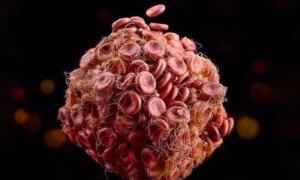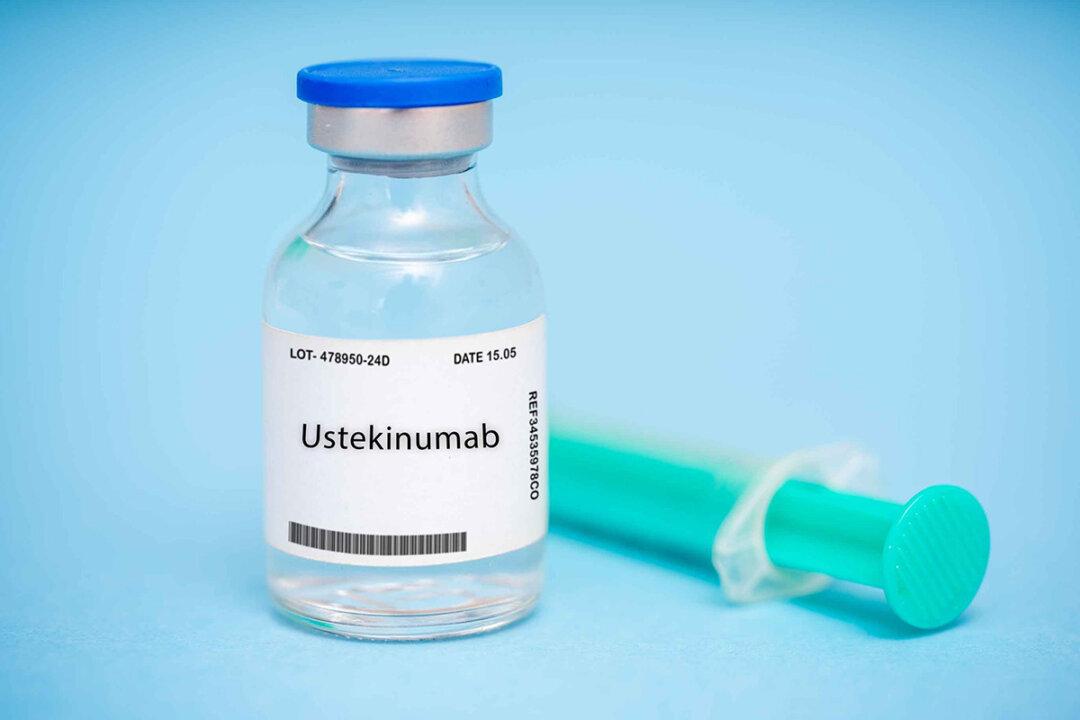Oral anticoagulant rivaroxaban (brand name Xarelto), a popular blood thinner prescribed after a person suffers a blood clot or is diagnosed with atrial fibrillation, has a higher risk of bleeding complications than several other medications on the market, a new study reports.
“We found the highest rates of bleeding among patients who took rivaroxaban, followed by warfarin and then apixaban,” said first author Dr. Jordan K. Schaefer, clinical associate professor of hematology at the University of Michigan Medical School.
The research team examined 10 years of data from 13,435 patients registered in the Michigan Anticoagulation Quality Improvement Initiative registry. According to calculations by The Epoch Times, about 26 percent of the patients were on apixaban, about 10 percent were on rivaroxaban, and about 64 percent were taking warfarin.
Analysis showed that if 100 patients were followed for one year, patients taking rivaroxaban had nearly 40 bleeding events, compared to those taking warfarin, with just 25 bleeding events. Researchers noted bleeding events were about the same for patients who took apixaban and warfarin; however, those on warfarin experienced more severe events.
Things to Consider When Choosing an Anticoagulant
Anticoagulants are the most popular type of blood clot medication for treating blood clots or atrial fibrillation. Choosing the right blood thinner can be a tough decision. The U.S. Food and Drug Administration (FDA) has approved many over the years, with warfarin receiving the first approval in 1954. These medications work by inhibiting vitamin K and other components that the body needs for blood clotting.Blood clots occur when substances in the blood create a seal to stop bleeding. While clotting is a helpful mechanism, it can also block blood vessels and cut off blood flow to vital organs, including the brain, heart, or lungs, if the clot forms in the wrong place. Individuals with atrial fibrillation, in which a person has an irregular heartbeat known as arrhythmia, have an increased risk of developing blood clots in the heart.
Talking to your doctor about the risks associated with blood thinners is essential. All types come with a risk of bleeding. Another thing to consider is that some newer drugs are unavailable in generic form, meaning they cost more than older blood thinners, such as warfarin, available on the market. The bottom line? As with every drug, no anticoagulant is without inherent risks and side effects.







